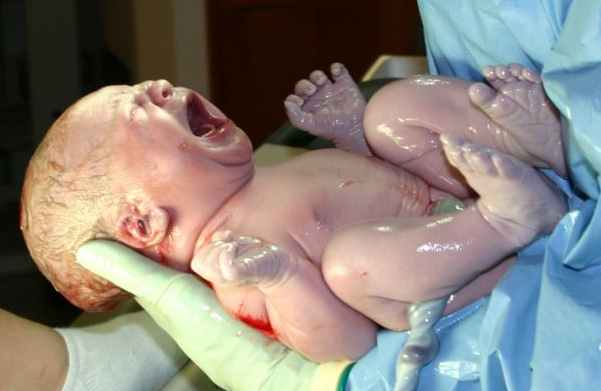More surprises in Dutch euthanasia of infants
Doctors not killing their quota of babies
 For people outside the
For people outside the
Netherlands, the most surprising thing about legally tolerated non-voluntary
euthanasia of infants is that it happens at all. But for Dutch doctors, the
surprise is that reports of it are far lower than the quota.
In 2007, under the
so-called Groningen Protocol, a national review committee was instituted to
review cases of active ending of life for newborns. It was expected that 15–20
cases would be reported. To date, however, only one case has surfaced. An
article in the latest issue of the Journal of Medical Ethics speculates about
why so few deaths have occurred.
There appear to be
several reasons. First of all, the authorities may have over-estimated the
number of infant deaths based on deficient data from previous years. Some
abortions had also been wrongly reported as infant euthanasia. Improved
ultrasound technology now allows doctors to abort defective babies before birth,
making euthanasia unnecessary. There has been an increase in the use of
“terminal sedation”, which is not regarded as euthanasia, even if it causes the
death of the patient
But, still, only one reported death? “It is likely
that at least some cases of active ending of life occurred during the past
years,” the authors admit. So why have the doctors kept it quiet?
One reason is that the
committee to which the doctors are supposed to report the deaths has no legal
authority and cannot shield them from a public prosecutor who is skeptical of
their good intentions. This “may not inspire physicians with sufficient
confidence to report their act”. Second, if an infant is suffering badly, the
doctors prefer to call active euthanasia “adequate terminal care” because it
makes the parents feel better. Third, if the infant is not suffering at the
moment, but might in the future (as in spinal bifida cases), they would be in
breach of the protocols. Anticipated suffering is not a reason for euthanasia –
at the moment – in the Netherlands.
The upshot of all this,
the authors conclude, is that “it seems virtually impossible to comply with the
requirements in the current regulation”. So, they conclude, if the government
really wants Dutch doctors to take seriously their duty of reporting cases of
infant euthanasia, they need to make the protocols even more permissive. ~ Journal of Medical Ethics,
April
Michael Cook
euthanasia
infant euthanasia
Netherlands
- How long can you put off seeing the doctor because of lockdowns? - December 3, 2021
- House of Lords debates assisted suicide—again - October 28, 2021
- Spanish government tries to restrict conscientious objection - October 28, 2021
